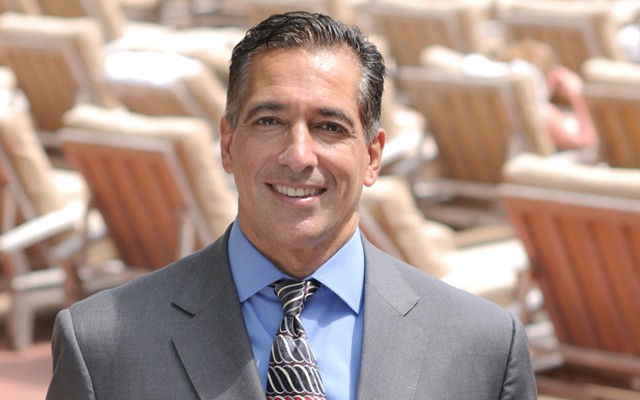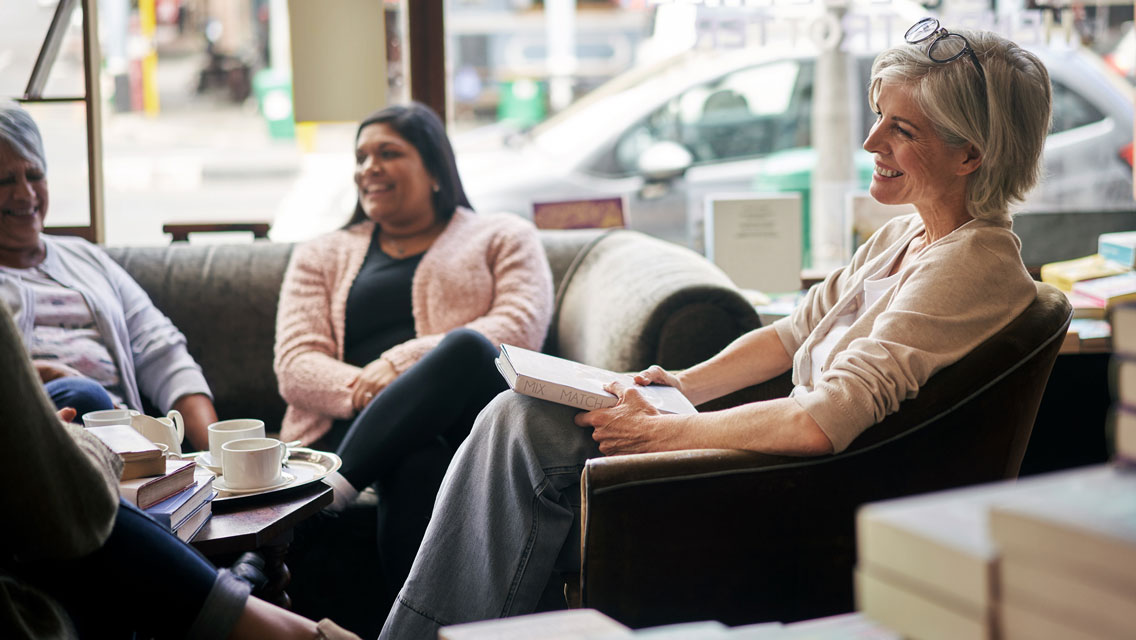Imagine living in a world where prejudice is a thing of the past. This is the world I dream of for my children and for people everywhere.
History demonstrates that we are moving in the right direction for this vision to become reality. Consider all that has changed in the United States over the past 100 years: Women were granted the right to vote; the Civil Rights Act of 1964 prohibited racial segregation and discrimination of people “on the ground of race, color, religion, or national origin”; and just over a year ago, the Supreme Court legalized same-sex marriage nationwide.
This progress is promising and indicative of a general trend toward equality and acceptance. But it’s happening far more slowly and painfully than many of us would like.
Too often, examples of prejudice continue to dominate the headlines and our newsfeeds. Groups are denigrated based on the color of their skin, race, religion, sexual orientation, and country of origin — here at home and around the globe.
For change to happen, we need to do two things: 1) Look for signs of progress, and learn from and practice these actions; and 2) investigate the causes of the pain and inaction, and try to remedy them.
Months ago, while I was in Toronto, Canada, visiting a few of our Life Time facilities, I made a promising observation: As I entered the Mississauga club, I was struck by the diversity of our members and team members. I learned that many are second-generation immigrants whose families came from Asia, India, the Middle East, and Eastern-bloc countries. They’re Christians, Jews, Muslims, and of other faiths. They’re straight and LGBTQ; they’re men and women of all ages.
Despite all this diversity, their interactions suggested that there was zero prejudice among them. Not one person acted superior or better than the next. What I observed felt representative of the city of Toronto as a whole, which has experienced a significant amount of harmonious immigration, despite its highly diversified population, over the past two to three decades.
It was as if this collective group understood the most important thing: We are all from one planet, we are all human, we are all equal, and we are all here to help each other.
In contrast, while watching a documentary a couple of nights ago, I was reminded of the injustices that African Americans endured in the times of slavery and that American women faced before getting the right to vote. All these years later, it is still painful to accept that these things are a part of our history. Unfortunately, there is no doubt that social inequality, injustice, and prejudice still exist today.
It seems, however, that some of these unfortunate behaviors are being spun out of control by certain groups, individuals, and media channels for their personal gains. Pitting people and groups against each other, especially by leaders and those in the public eye, is damaging. Whether the desired outcome is votes or ratings, these comments, actions, and behaviors are extremely divisive and they slow our progress toward a more united, peaceful, healthy planet.
What we need — from our leaders, from the media, from our citizens — is the commitment to have the courage to say no to prejudices and to stand up for equality and unity. We also need to have the courage to question and reject the outdated tactics that create division, dissension, and hostility among different groups, and to demand leadership that promotes and supports the unification of us all.
We need to speak up for the equality of every individual, regardless of any differences. We need to have the courage to love and accept one another, and to strongly stand together against any attempts that threaten unity.
These are the challenges we face as we make progress toward living together as one. As history has shown, it won’t be easy, but it will be worth every bit of the effort.




This Post Has One Comment
All the positive points remarked by Bahram are in fact some of the principles of the Bahá’i Faith. I love the philosophy behind Life Time.